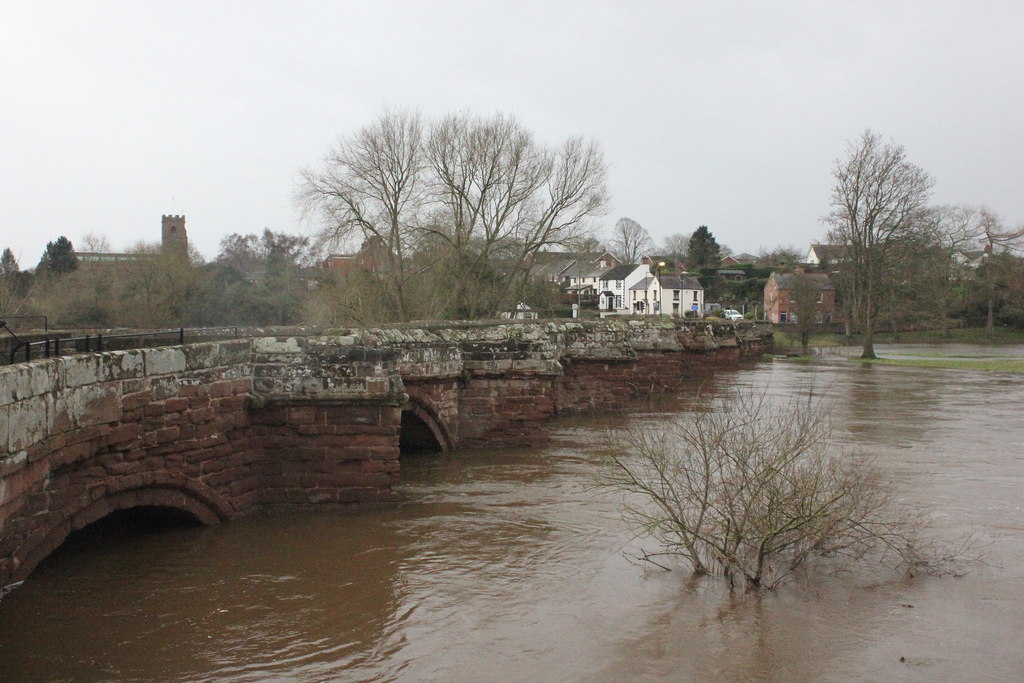Flood mapping key to future development in Wales
Contents |
[edit] Introduction
Collaboration and sustainable development that works with nature were important messages from the 19th Wales National Flooding Conference.
Three key messages formed the cornerstone of the Wales National Flooding Conference held in October 2021: no future building on areas which are liable to flooding; a collaborative approach to flood risk management; and sustainable options that work well with nature.
Julie James, Minister for Climate Change in Wales, opened the conference with a stark warning. She stated, "Severe weather events are becoming more frequent. Planning needs to take into consideration a flood map, depicting future climate change."
To illustrate this point further, the minister advised that the new Technical Advice Note (TAN) 15, by the Welsh Government, is being published on 1 December 2021. The TAN directs development away from greenfield to brownfield sites, with the emphasis on building resilient developments.
Wales is believed to be the first country in the UK, and possibly worldwide, to introduce planning policy based on maps showing the impact of climate change on flood risk areas.
[edit] Collaboration is vital to success
An important thread across all sessions was the need for collaboration from all involved parties.
This extended from authorities and communities to individuals. Project failure as a result of climate change denial in certain sectors was shown as an important factor to overcome.
Collaboration, however, leads to project success, and was illustrated in the upgrade of community areas and the extended facilities for a future generation.
[edit] Work with nature not against it
During the final session, The Natural Capital Approach and Natural Flood Management (NFM) were discussed. The Natural Capital Approach looks at how nature is helping the environment and its benefits.
Research was shown that studying the landscape of an area and basing decisions on its natural resources plays a vital role for the sustainability and success of a scheme.
Examples of NFM, the practice of using natural processes to reduce the risk of flooding and coastal erosion, were given. These included: restoring bends in rivers, changing the way land is managed so soil can absorb more water and creating salt marshes on the coast to absorb wave energy.
It was also announced that NFM has been extended for another year in Wales due to the COVID-19 crisis.
Keith Jones, director ICE Wales Cymru, said, "This conference has highlighted the immediate need for an informed approach to planning in Wales. In order to avoid flooding and to achieve a sustainable environment for the future, it is vital that these key messages are heard and acted upon now."
The 19th Wales Flooding Conference was organised by ICE and the Chartered Institution of Water and Environmental Management (CIWEM), and supported by Welsh Government, Natural Resources Wales and Cardiff University. It was attended virtually by leading organisations in flood risk management from across the globe and held across three days (19- 21 October 2021).
Organisers plan to release recordings of each session.
This article originally appeared on the News and Insight portion of the ICE website. It was written by Belinda Thomas and published on 29 October 2021.
--The Institution of Civil Engineers
[edit] Related articles on Designing Buildings
Featured articles and news
A case study and a warning to would-be developers
Creating four dwellings for people to come home to... after half a century of doing this job, why, oh why, is it so difficult?
Reform of the fire engineering profession
Fire Engineers Advisory Panel: Authoritative Statement, reactions and next steps.
Restoration and renewal of the Palace of Westminster
A complex project of cultural significance from full decant to EMI, opportunities and a potential a way forward.
Apprenticeships and the responsibility we share
Perspectives from the CIOB President as National Apprentice Week comes to a close.
The first line of defence against rain, wind and snow.
Building Safety recap January, 2026
What we missed at the end of last year, and at the start of this...
National Apprenticeship Week 2026, 9-15 Feb
Shining a light on the positive impacts for businesses, their apprentices and the wider economy alike.
Applications and benefits of acoustic flooring
From commercial to retail.
From solid to sprung and ribbed to raised.
Strengthening industry collaboration in Hong Kong
Hong Kong Institute of Construction and The Chartered Institute of Building sign Memorandum of Understanding.
A detailed description from the experts at Cornish Lime.
IHBC planning for growth with corporate plan development
Grow with the Institute by volunteering and CP25 consultation.
Connecting ambition and action for designers and specifiers.
Electrical skills gap deepens as apprenticeship starts fall despite surging demand says ECA.
Built environment bodies deepen joint action on EDI
B.E.Inclusive initiative agree next phase of joint equity, diversity and inclusion (EDI) action plan.
Recognising culture as key to sustainable economic growth
Creative UK Provocation paper: Culture as Growth Infrastructure.
Futurebuild and UK Construction Week London Unite
Creating the UK’s Built Environment Super Event and over 25 other key partnerships.
Welsh and Scottish 2026 elections
Manifestos for the built environment for upcoming same May day elections.
Advancing BIM education with a competency framework
“We don’t need people who can just draw in 3D. We need people who can think in data.”


























